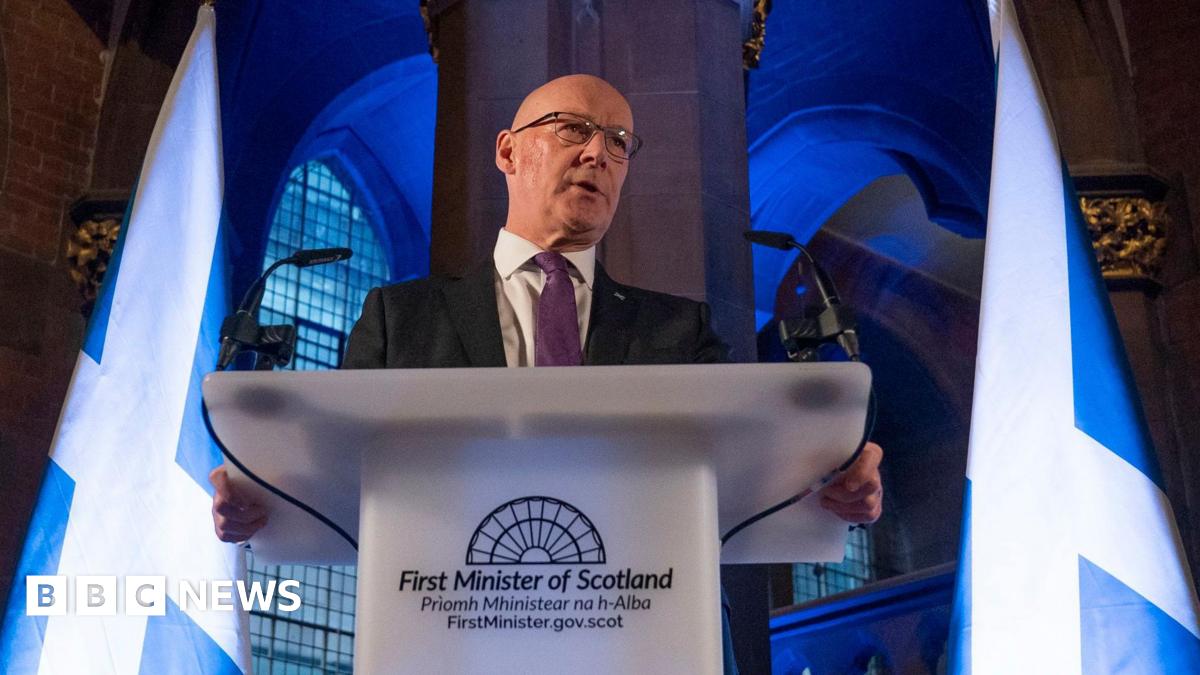Then there are those who think a more radical approach is required. That the SNP should treat the 2026 election as if it were a referendum.
In other words, if independence supporting parties secure more than 50% of the votes in the Holyrood list ballot that should be considered as a “mandate to deliver independence”.
It’s not clear what that means. Seeking to negotiate with the UK government? Unilaterally declaring independence and daring the UK to block it? Or something else?
It is an approach that would not be regarded as legitimate by parties that favour continued union.
The Conservatives, Labour, the Liberal Democrats and Reform UK would reject it on the basis that elections are about so much more than the single issue of independence.
This is a debate Swinney’s team expect to win at conference. Their question is by how much? They will want it to be by the widest possible margin to avoid damaging his authority.
One elected politician arguing the alternative case predicted a “wee gem” of a debate where the leadership would need to work harder than usual to get their way.
Whether the SNP focus on trying to achieve a majority of votes for all independence supporting parties (including the Greens and Alba) or a majority of Holyrood seats for themselves, these are both very high bars to clear.
The SNP also needs to be careful about pushing independence too hard.
While it remains a popular policy with a large minority of voters it is not necessarily a priority for all those who support it.
When asked to identify their key concerns in one recent survey, those asked identified the NHS, the cost of living and immigration as their top three.

